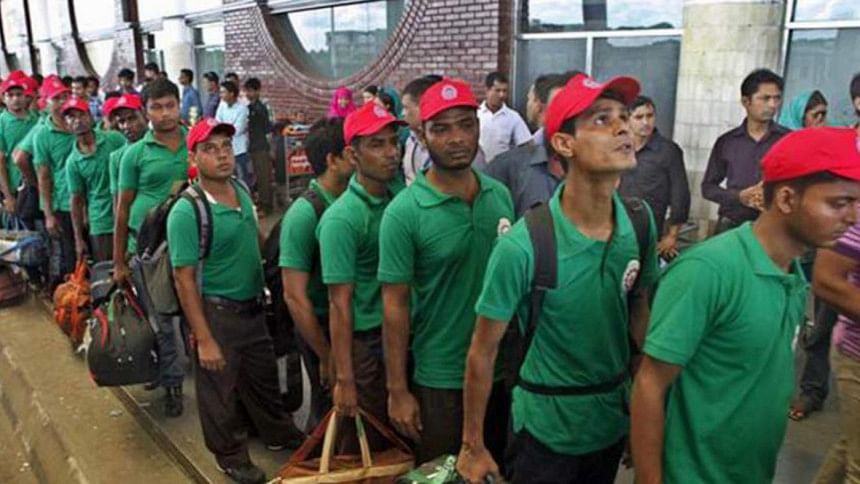OPINION: Need for long-term policy on migrant workers in Malaysia

The overpopulation of migrant workers in Malaysia is by no means a novel issue, and things have become increasingly serious with foreign workers rushing into the country at unprecedented rates.
Currently there are about six million foreign workers in Malaysia, of whom only 2.1 million are legal while the rest are illegal. This, coupled with the proposed additional 1.5 million from Bangladesh, will bring the total to a staggering 7 million, more than the population of 6.6 million Chinese Malaysians.
Such an enormous army of migrant workers is set to effectuate an enormous impact on the country's social structure while expediting forex outflow and creating more social problems.
To be fair, we as a developing country indeed need the cheap labor provided by these workers willing to take up jobs many Malaysians are reluctant to take.
We cannot deny that these foreign workers have contributed significantly to the country's economic development.
That said, the government must also put in place appropriate policies to control the number of foreign workers in the country to ensure they would not pose a serious problem to our society.
The government has all this while lacked a comprehensive set of policies on migrant workers. The government is well aware that overabundance of migrant workers will eventually wreak havoc to the country's economic development but has unfortunately made decisions that contradict our own long-term objectives just for the sake of near-term interests.
According to the 11th Malaysia Plan, foreign workers constitute almost 30 percent of the country's labour force today, and the government's plan is to bring this ratio down to 15 per cent by 2020. Now the government is opening our doors wide to Bangladeshis and at the same time allowing employers to legalise their illegal workers at a fee.
If this were to be allowed to go on, how would we ever be able to resolve the problems in relation to migrant workers? The 6P "bleaching" programme for illegal foreign workers introduced several years ago has not helped much to address our perennial illegal foreign worker problem.
It is imperative that the government take a firm stand on these migrant workers, drawing up some long-term polices to solve our problems once and for all. Of course we must try to reduce our own dependence on foreign workers in order to check their massive inflow.
Home Minister Ahamd Zahid Hamidi has challenged the Federation of Malaysian Manudacturers to hire only Malaysians if they don't want the government to bring in more foreigners. As a matter of fact, the government must hold a constructive dialogue with the manufacturers and employers aimed at encouraging local operators to implement structural reforms and transformation to progressively wean themselves from reliance on foreign workers.
Foreign workers can be both an impetus and a stumbling block to the country's development. The key lies with how the government is going to manage them.
Copyright: Sin Chew Daily/ Asian News Network

 For all latest news, follow The Daily Star's Google News channel.
For all latest news, follow The Daily Star's Google News channel. 








Comments